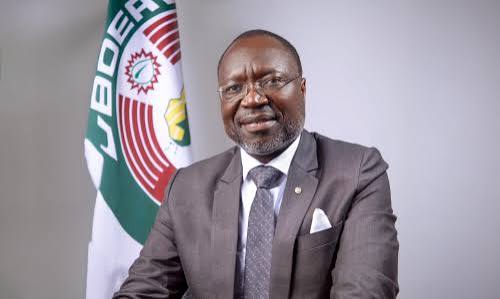The Economic Community of West African States (ECOWAS) is facing significant challenges, including security and democracy crises, which threaten to undermine the sub-region’s integration agenda. According to Dr. Omar Touray, President of the ECOWAS Commission, the region is experiencing a crisis of security and democracy, with terrorism, violence, and political exclusion on the rise.
Speaking at the African Public Square conference in Abuja, Touray noted that the commission has commenced a series of introspective talks to address the entire integration framework. The process, which is citizen-led, aims to produce a draft pact that will determine the path ECOWAS will take in the next 15 years. Touray warned that the world is entering a “warm war” era, characterized by global realignments and strategic rivalry, and urged West Africa to make deliberate choices to protect its collective interests.
Dr. Kayode Fayemi, former Governor of Ekiti State, attributed the region’s security crisis to governance failures, rather than insurgency. He argued that corruption, exclusion, and weak institutions have done greater damage to regional stability than armed groups. Fayemi emphasized that no amount of military firepower can bring lasting peace without addressing the root causes of public discontent.
The conference, which brought together leaders, policymakers, and academics, examined how ECOWAS can redefine its integration framework amid growing political, economic, and security challenges. Participants emphasized the need for a people-first security strategy, anchored on justice, accountability, and inclusion. They also called for a shift from an elite-driven community to one that truly represents the people, particularly the youth and women.
The ECOWAS Golden Jubilee provides an opportunity for deep reflection on the trajectory of regional integration. While the organization has made significant progress in promoting peace and democracy, it risks losing touch with its citizens. To address this, ECOWAS must move beyond state-centric models to people-led movements and adopt a cross-generational pathway to regional transformation.
The conference highlighted the need for renewed commitment to inclusivity, good governance, and dialogue to address the region’s challenges. With the average age of West Africa’s population being just 18, the region’s young population represents both a challenge and a reservoir of potential. As ECOWAS navigates its future, it is essential to prioritize the needs and aspirations of its citizens, particularly the youth, to ensure a stable and prosperous future for the region.
